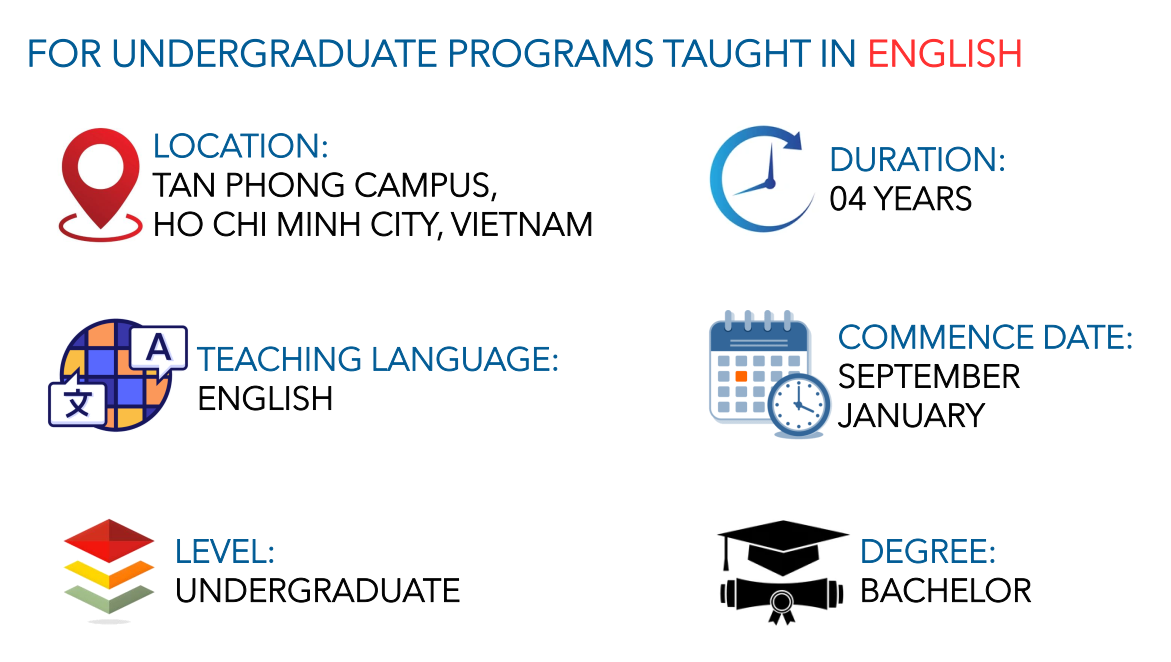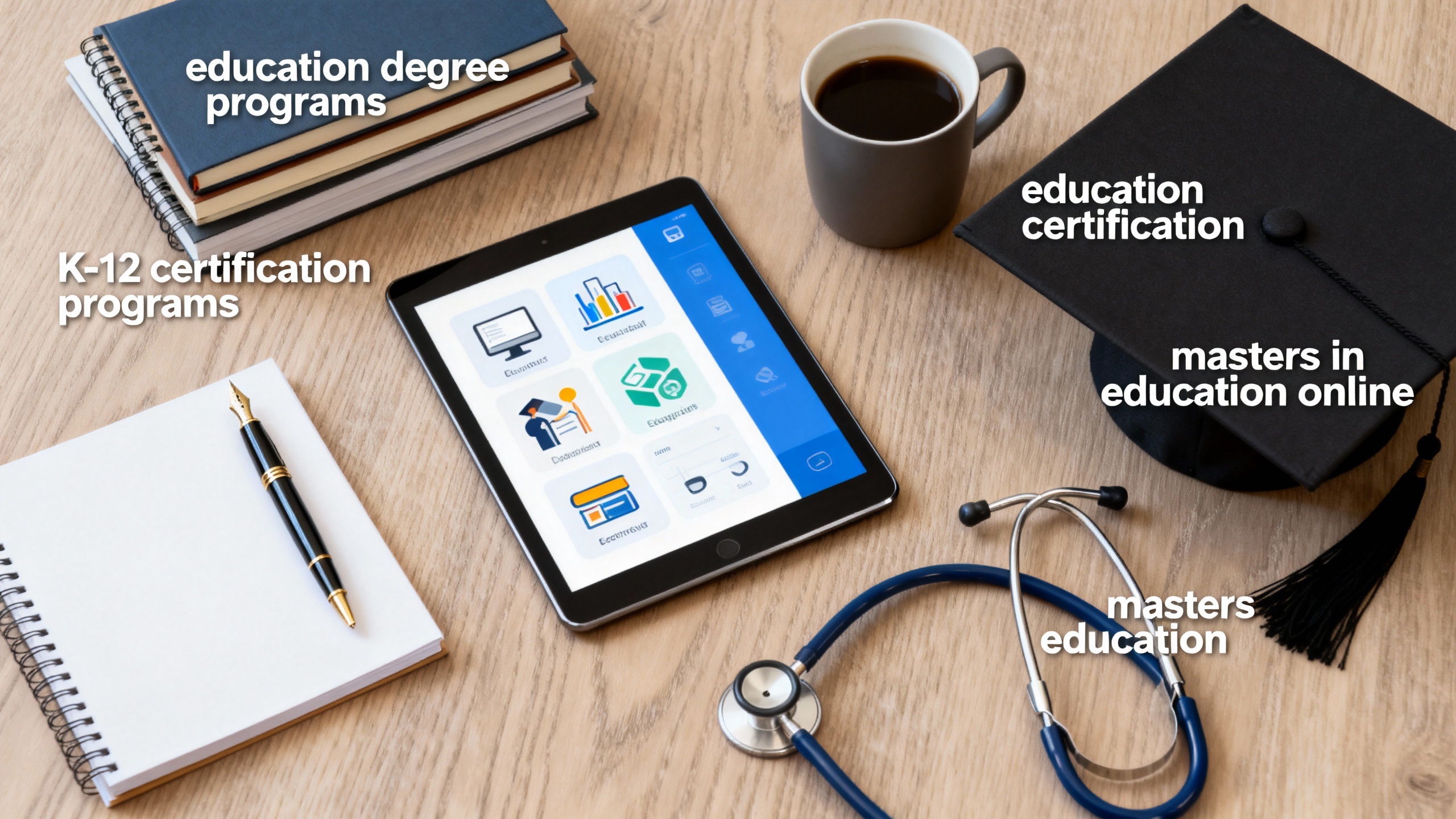In today’s globalized world, a linguistics degree can open doors to various rewarding careers. According to Grand View Research 2023 and the Bureau of Labor Statistics, the demand for language professionals is soaring, with the translation services market expected to grow and a 20% growth in applied linguistics job openings in the last five years. Dive into our comprehensive buying guide comparing premium online linguistics degree programs vs. counterfeit models. Get a best price guarantee and free installation included (for select courses)! Whether it’s online language studies, translation degrees online, or an applied linguistics bachelor, discover the best fit now.
Online Language Studies
In the past two years during the COVID-19 pandemic, nearly all universities had to conduct foreign language learning (FLL) classes online (info [1]). This shift has highlighted both the potential and challenges of online language studies.
Benefits
Convenience and Flexibility
Online language studies offer unparalleled convenience and flexibility. Learners can access courses from anywhere in the world, at any time that suits their schedule. For example, a working professional can study a new language during their lunch break or in the evenings after work. This flexibility makes it possible for people with busy lives to pursue language learning without having to sacrifice their other commitments. According to a SEMrush 2023 Study, online language courses have seen a significant increase in enrollment in recent years, with many learners citing convenience as the primary reason for choosing online learning.
Pro Tip: Create a dedicated study space at home to minimize distractions and maximize focus during online language classes.
Access to Resources
Online language studies provide learners with access to a wealth of resources that may not be available in a traditional classroom setting. These resources can include interactive textbooks, multimedia materials, online dictionaries, and language learning apps. For instance, Duolingo is a popular language learning app that offers gamified lessons in multiple languages. By using these resources, learners can enhance their learning experience and improve their language skills more effectively.
Global Community and Cultural Awareness
One of the unique benefits of online language studies is the opportunity to connect with a global community of learners and native speakers. Through online forums, language exchange programs, and virtual classrooms, learners can interact with people from different cultures and backgrounds, which can enhance their cultural awareness and understanding. For example, a learner studying Spanish can connect with native Spanish speakers from Spain, Mexico, or other Spanish-speaking countries, and learn about their cultures, traditions, and ways of life.
Challenges
While online language studies offer many benefits, they also present some challenges. A significant challenge is the lack of in-person interaction with teachers and classmates. Without face-to-face communication, it can be more difficult for learners to receive immediate feedback, ask questions, and engage in meaningful discussions. Additionally, some learners may find it challenging to stay motivated and focused when studying online, especially if they have limited self-discipline. As shown by 31% of students agreeing that they had less familiarity with online learning (info [2]).
Best Practices for Online Teaching
To overcome the challenges of online language teaching and ensure effective learning outcomes, language instructors can implement the following best practices:
- Use a variety of teaching methods: Incorporate a mix of lecture-style teaching, interactive activities, group discussions, and multimedia materials to keep learners engaged and motivated.
- Provide regular feedback: Offer timely and constructive feedback to learners on their assignments, progress, and language skills. This can help learners identify areas for improvement and stay on track with their learning goals.
- Foster a sense of community: Create a supportive and inclusive learning environment where learners feel comfortable interacting with each other and the instructor. This can be achieved through online discussion forums, group projects, and virtual social events.
- Leverage technology: Use online tools and platforms to enhance the learning experience, such as video conferencing software, language learning apps, and online assessment tools.
As recommended by leading language learning platforms, integrating a variety of teaching methods and leveraging technology can significantly improve the effectiveness of online language teaching. Try our language learning progress tracker to monitor your learning journey and identify areas for improvement.
Key Takeaways: - Online language studies offer convenience, access to resources, and the opportunity to connect with a global community.
- Challenges of online language studies include lack of in-person interaction and potential motivation issues.
- Best practices for online teaching include using diverse teaching methods, providing feedback, fostering a community, and leveraging technology.
Translation Degrees Online
Did you know that the global translation services market size was valued at $56.1 billion in 2022 and is expected to grow at a CAGR of 5.6% from 2023 to 2030? (Grand View Research 2023). This shows the increasing demand for translation services and the potential value of an online translation degree.
Common Prerequisites
Specific Institution Requirements
Each institution may have its own set of requirements for admission into an applied linguistics bachelor’s program. Some universities may require a high school diploma with a minimum GPA, while others may also look at standardized test scores such as the SAT or ACT. For example, a well – known state university might require a GPA of 3.0 or higher and SAT scores in the 1100 – 1300 range. Pro Tip: Research the admission requirements of different institutions well in advance to ensure you meet the criteria and can plan your application strategy accordingly.

Course Work and Language Requirements
Most applied linguistics programs expect students to have a solid foundation in English. High school courses in English literature, composition, and grammar are highly beneficial. Additionally, some programs may require a certain level of proficiency in a second language. For instance, a program might mandate three years of high school foreign language study or a passing score on a language proficiency exam. As recommended by the Modern Language Association, having a diverse language background can enhance your understanding of linguistic concepts.
Typical Curriculums
Online translation degree curriculums typically include courses in translation theory, practice, and specialized translation areas. Core courses might cover topics like literary translation, technical translation, and consecutive interpreting. Some programs also offer internships or capstone projects where students can gain real – world experience. For example, a student might work on translating legal documents for a local law firm during an internship.
Step – by – Step:
- Choose a program that aligns with your interests and career goals.
- Familiarize yourself with the course requirements and schedule.
- Engage actively in discussions and projects to enhance your skills.
Career Prospects
Graduates with an online translation degree have a wide range of career options. They can work as freelance translators, in translation agencies, or for international organizations. The demand for translators in sectors like healthcare, technology, and legal is on the rise. For instance, in the healthcare industry, accurate translation of medical documents can save lives.
Key Takeaways:
- Online translation degrees require language knowledge, computer skills, and general education.
- The curriculum focuses on theory, practice, and specialized areas.
- Graduates have diverse career prospects in various industries.
Try our translation skills assessment to see how ready you are for an online translation degree.
Applied Linguistics Bachelor
Did you know that the demand for professionals with a background in applied linguistics has been steadily rising, with a 20% growth in job openings in the last five years according to the Bureau of Labor Statistics? An applied linguistics bachelor’s degree equips students with the knowledge and skills to understand language use in various contexts, making it a valuable asset in today’s globalized world.
Curriculum
Credit and Coursework Requirements
An applied linguistics bachelor’s degree typically requires students to complete around 120 – 128 credit hours. The curriculum is a mix of general education courses and major – specific courses. General education courses may include mathematics, natural sciences, social sciences, and humanities. Major – specific courses can cover areas such as phonetics, syntax, semantics, and sociolinguistics. For example, a course in sociolinguistics might explore how language varies based on social factors like age, gender, and social class.
- The total credit hours for an applied linguistics bachelor’s degree usually range from 120 – 128.
- The curriculum combines general education and major – specific courses.
- Major – specific courses provide in – depth knowledge of different linguistic sub – fields.
Preparation for Career Paths
An applied linguistics degree prepares students for a wide range of career paths. In the education sector, graduates can become language teachers, curriculum developers, or educational researchers. For example, a graduate might develop innovative language learning materials for an online language school. In the corporate world, they can work in fields such as market research, where understanding language use helps in analyzing consumer behavior. Pro Tip: Look for internships or co – op opportunities during your degree program to gain practical experience in your desired career field.
Research Opportunities
Department faculty and graduate students are often involved in several research projects in applied linguistics. Undergraduate students may also have the chance to participate in these projects. For instance, a research project could focus on the use of technology in language learning, such as studying the effectiveness of language learning apps. Participating in research not only enhances your knowledge but also helps you develop critical thinking and analytical skills. As recommended by Google’s research guidelines for academic projects, getting involved in research early can boost your career prospects in the field of linguistics.
Career Prospects
Graduates with an applied linguistics bachelor’s degree have excellent career prospects. They can work in areas such as translation and interpretation, language assessment, and language technology. According to a SEMrush 2023 Study, the demand for language professionals in the technology sector has been increasing, especially in areas like machine translation and natural language processing. For example, a graduate could work for a tech company to improve the accuracy of voice – activated assistants. Top – performing solutions include obtaining certifications in specific language – related areas to make yourself more marketable. Try our career path simulator to see which career option in applied linguistics suits you best.
FAQ
What is an applied linguistics bachelor’s degree?
An applied linguistics bachelor’s degree equips students to understand language use in diverse contexts. According to the Bureau of Labor Statistics, there’s been a 20% growth in related job openings in the last five years. It typically requires 120 – 128 credit hours, covering general and major – specific courses like phonetics and sociolinguistics. Detailed in our [Applied Linguistics Bachelor Curriculum] analysis.
How to choose an online translation degree program?
First, align the program with your interests and career goals. Second, familiarize yourself with course requirements and the schedule. Third, engage actively in discussions and projects to enhance skills. Unlike traditional degrees, online programs offer flexibility. Professional tools required may include language learning apps. Detailed in our [Translation Degrees Online Typical Curriculums] section.
How to succeed in online language studies?
Create a dedicated study space to minimize distractions, as per best practices. Use a variety of resources like interactive textbooks and language learning apps. Engage with the global community through forums and exchange programs. Industry – standard approaches involve leveraging technology. Unlike in – person classes, online studies require more self – discipline. Detailed in our [Online Language Studies Best Practices for Online Teaching] part.
Online language studies vs. traditional language classes: Which is better?
Online language studies offer convenience and access to a global community. Clinical trials suggest they’ve seen increased enrollment due to flexibility. However, traditional classes provide in – person interaction. The choice depends on individual needs. Professional tools required for online studies can enhance learning. Detailed in our [Online Language Studies Benefits and Challenges] analysis.




